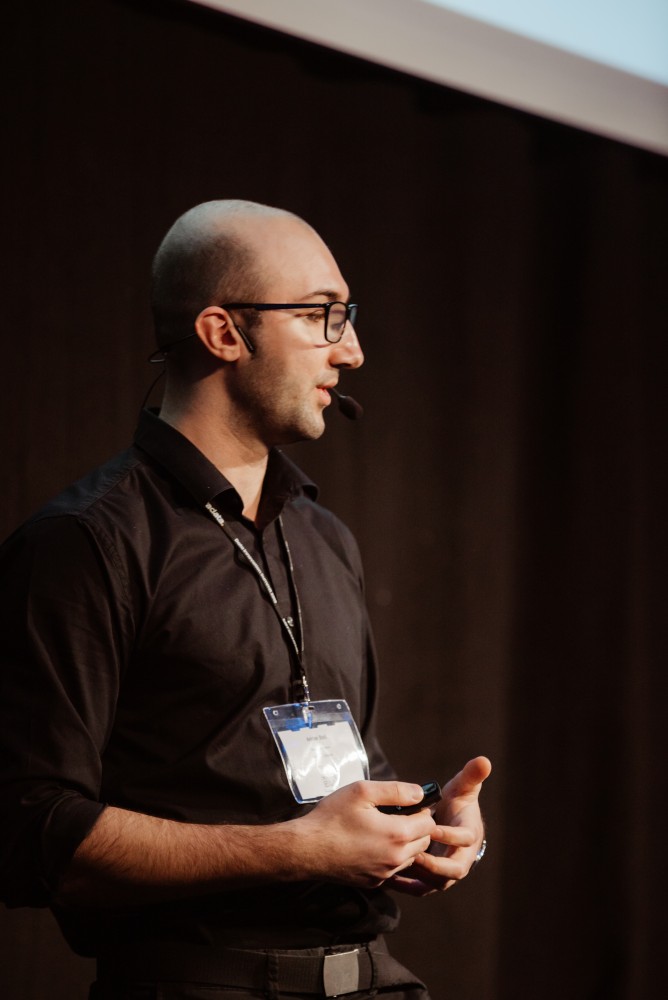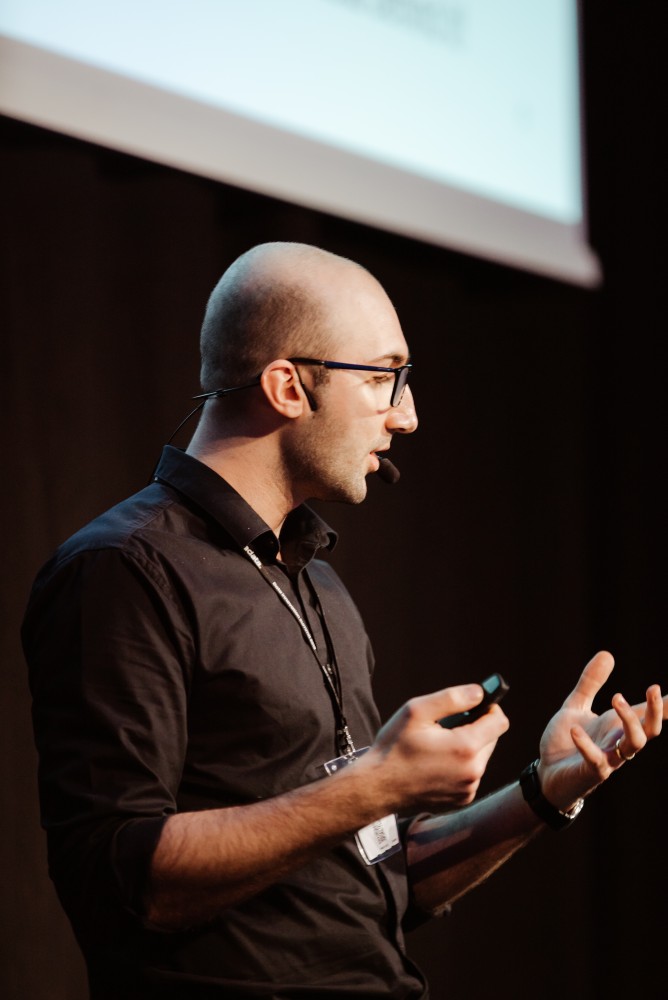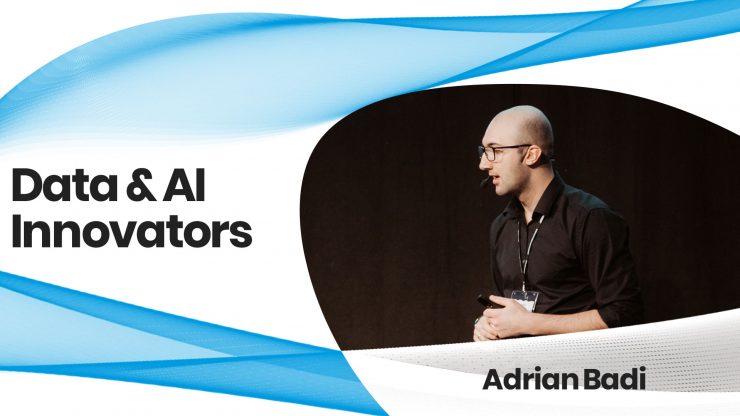Data Innovation Summit turns five next March. Along the way, we have had fantastic speakers unselfishly sharing their knowledge on stage with their peers. Without them, this journey would be impossible.
This interview is part of an interview series dedicated to humanising Data and AI innovation and celebrating speakers who have presented at the Data Innovation Summit. The emphasis lies on the Data/AI people/practitioners, their professional journey and their stories.
Unlike 5 years ago when companies were struggling to gather data and model it, today they face the challenge of data integration. AI has certainly matured from the toddlers it was to a moody adolescent that needs guidance in life – the whole credit of this analogy goes to Adrian Badi.
Adrian sees AI developing into two extremes, but the path it takes depends on us the people and how we direct it. In his interview below he offered his outlooks about AI.
Hyperight: Hi Adrian, we are glad to have you with us today and have the chance to catch up. You were a speaker at Data Innovation Summit 2019. To refresh our memories and introduce yourself to our readers, please tell us a bit about yourself and the company you are coming from.
Adrian Badi: Hello everyone, my name is Adrian and I am, by heart, a data analyst. This, of course, encompasses a wide range of complementary skill such as data manipulation, data management and advanced analytics, to name a few. At the time of my speech at the Data Innovation Summit 2019, I was working as a Senior data analyst at Demant, a hearing aid company located in Copenhagen.


Hyperight: Next year we are celebrating our 5th anniversary. A lot has changed with data and advanced analytics during these 5 years. From your point of view, where do we see the biggest changes and advancements we have had?
Adrian Badi: I believe the industry has come a long way from what it was 5 years ago when everyone was struggling to gather data in a single place, model it and build semi-self-updating dashboards. Today we have AI modules out of the box, thousands of sources of inspiration and a lot (and I mean a lot) of ways to engineer the data and pull it in one place. The focus has slowly but surely shifted towards data integration. Though people speak often about AI models and data science, the real unsung hero is data integration – getting data from very different places and making sense of it with the company logic on top (and also version control). I believe companies still struggle with putting models into production and my theory is that this problem is also in part due to the quality of the actual data and it’s integration – finding a place where both data engineers, data scientists and business owners can collaborate and agree on what everything means (having a common definition).
Another change worth mentioning is the explosion of products specifically tailored to solve exactly this problem – hence the analysis paralysis that most enterprises currently face when deciding what to adopt; also most of them are very pricy.


AI can, though this is a very dark opinion, be either our downfall or our survival as a species.
Hyperight: Probably you’ve gone through some changes on a professional level yourself. Could you share how your career path has advanced during these 5 years?
Adrian Badi: The last 5 years have been very data-heavy – most of this period I’ve spent at Demant, wrangling data, analyzing it and helping other colleagues prepare and present their data to the stakeholders. On top of that, I’ve been lucky enough to be a part of a lot of exciting projects that kept me sharp and on my toes. I’ve also been blessed with a couple of conferences where I was invited to share my knowledge and experiences, amongst which the Data Innovation Summit holds the highlight.
The latter period has been marked by a significant career “pivot”, where I am sitting as a business finance manager in a wind industry-related company – data is still my sweetheart and I am lucky enough that this position has a lot of that.
I believe that AI is also maturing under our eyes, from a crying toddler to a moody adolescent, that is rebellious by nature and has mood swings like it’s nobody’s business.


Hyperight: At Data Innovation Summit, you presented how to introduce data science in big companies. We’ve also featured your presentation in an article for our read.hyperight.com readers. What’s the state of data science adoption in companies today, almost a year after your presentation?
Adrian Badi: Data science slowly but surely became a less “hot topic” and less of a buzzword, in my humble opinion. I think the trend now is digitalization and it’s great grandmother, data integration. I also strongly believe that AI is also maturing under our eyes, from a crying toddler to a moody adolescent, that is rebellious by nature and has mood swings like it’s nobody’s business. I think this is a good thing, as people and companies are now understanding what AI is and is beginning to think about the next step, which is “ok, so this is AI and ML, but what can we do with it to add value?”. I think most companies that have employed a data scientist now have many prototype projects up and running and are to invest more and more resources towards squeezing value from AI since applications are virtually boundless.
Hyperight: And talking about the future, what are your future outlooks when it comes to data science for 2030. How will things change?
Adrian Badi: The future is, in my opinion, either very grim or very bright, and it all depends on how we manage the AI teenager and guide it through adulthood: teach it manners, how to behave and educate it. AI can, though this is a very dark opinion, be either our downfall or our survival as a species. It all depends on how we and the people in charge choose to develop these principles moving forward. I think that as long as we keep people in the loop and do not automate too much using AI, we will be fine and will create a better, more stable future for mankind.














Add comment